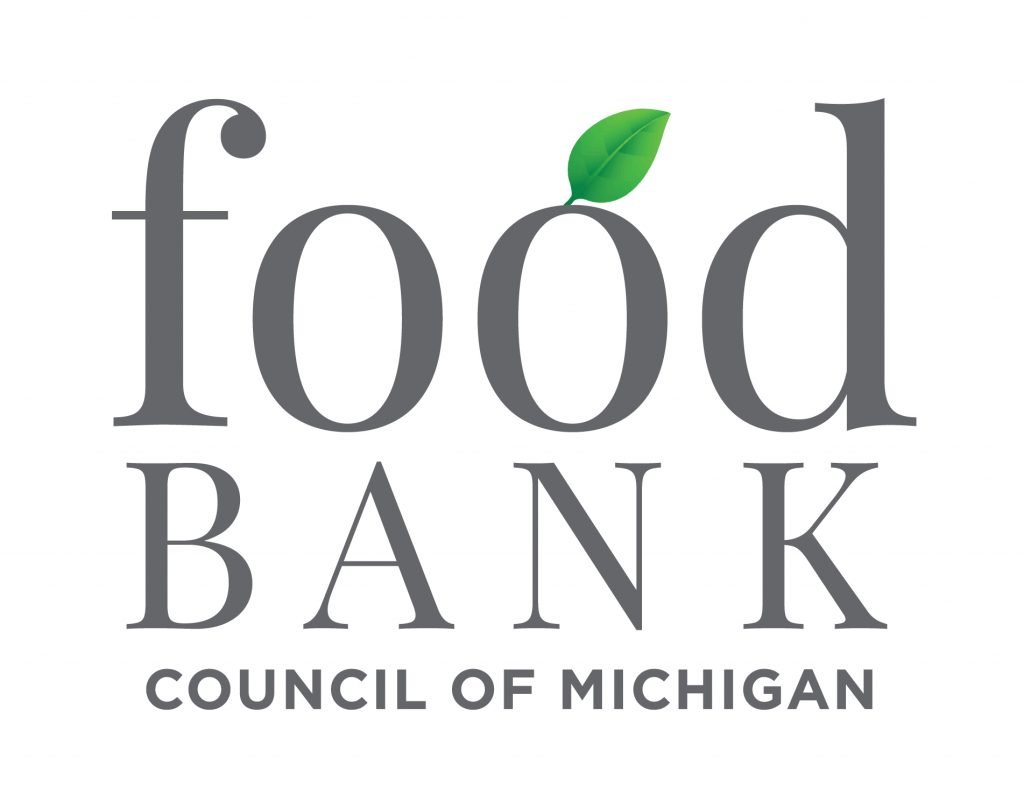
The Emergency Food Assistance Program
The Emergency Food Assistance Program (TEFAP) is a federal program that helps supplement the diets of income-eligible individuals and families, by providing them with emergency food assistance at no cost. Through TEFAP, the U.S. Department of Agriculture (USDA) purchases a variety of nutritious, high-quality USDA Foods, and makes those foods available to state distributing agencies.
The amount of food each state receives out of the total amount of food provided is based on the number of unemployed persons and the number of people with incomes below the poverty level in the state. States provide the food to local agencies that they have selected, usually food banks, which in turn distribute the food to local organizations, such as soup kitchens and food pantries that directly serve the public.
States also provide the food to other types of local organizations, such as community action agencies, which distribute the foods directly to low-income households. These local organizations distribute USDA Foods to eligible recipients for household consumption or use them to prepare and serve meals in a congregate setting. Under TEFAP, states also receive administrative funds to support the storage and distribution of USDA Foods.
These funds must, in part, be passed down to local agencies. TEFAP is administered at the federal level by the Food and Nutrition Service, an agency of the USDA.
USDA Nondiscrimination Statement
In accordance with federal civil rights law and U.S. Department of Agriculture (USDA) civil rights regulations and policies, this institution is prohibited from discriminating on the basis of race, color, national origin, sex (including gender identity and sexual orientation), disability, age, or reprisal or retaliation for prior civil rights activity.
Program information may be made available in languages other than English. Persons with disabilities who require alternative means of communication to obtain program information (e.g., Braille, large print, audiotape, American Sign Language), should contact the responsible state or local agency that administers the program or USDA’s TARGET Center at (202) 720-2600 (voice and TTY) or contact USDA through the Federal Relay Service at (800) 877-8339.
To file a program discrimination complaint, a Complainant should complete a Form AD-3027, USDA Program Discrimination Complaint Form which can be obtained online at: USDA Program Discrimination Complaint Form, from any USDA office, by calling (866) 632-9992, or by writing a letter addressed to USDA. The letter must contain the complainant’s name, address, telephone number, and a written description of the alleged discriminatory action in sufficient detail to inform the Assistant Secretary for Civil Rights (ASCR) about the nature and date of an alleged civil rights violation. The completed AD-3027 form or letter must be submitted to USDA by:
mail:
U.S. Department of Agriculture
Office of the Assistant Secretary for Civil Rights
1400 Independence Avenue, SW
Washington, D.C. 20250-9410; orfax:
(833) 256-1665 or (202) 690-7442; oremail:
Program.Intake@usda.gov
This institution is an equal opportunity provider.
